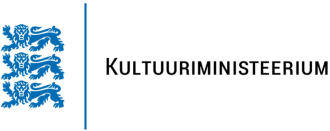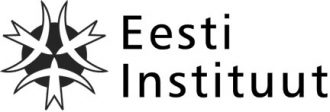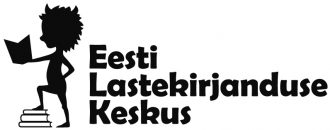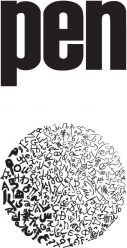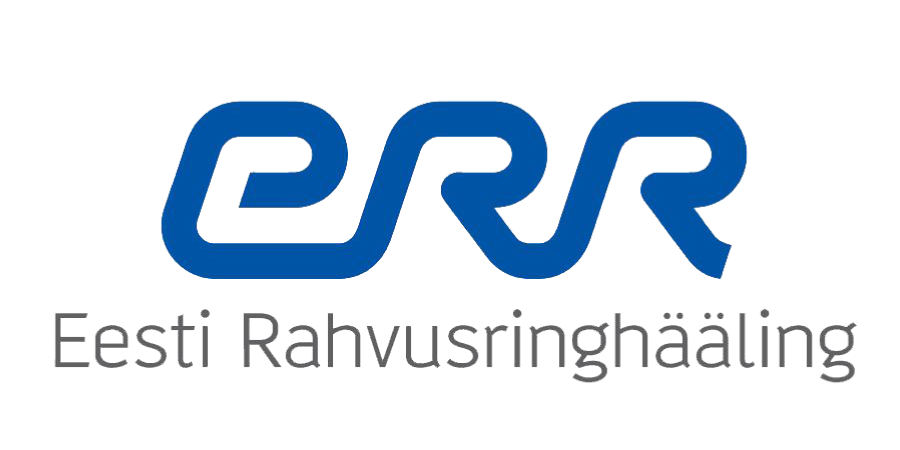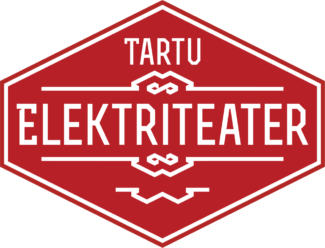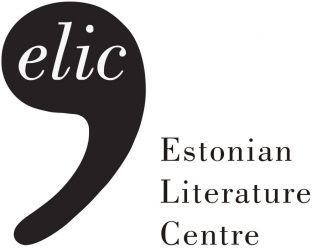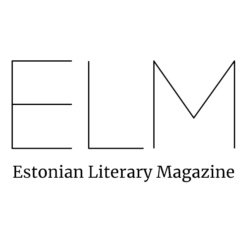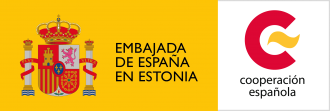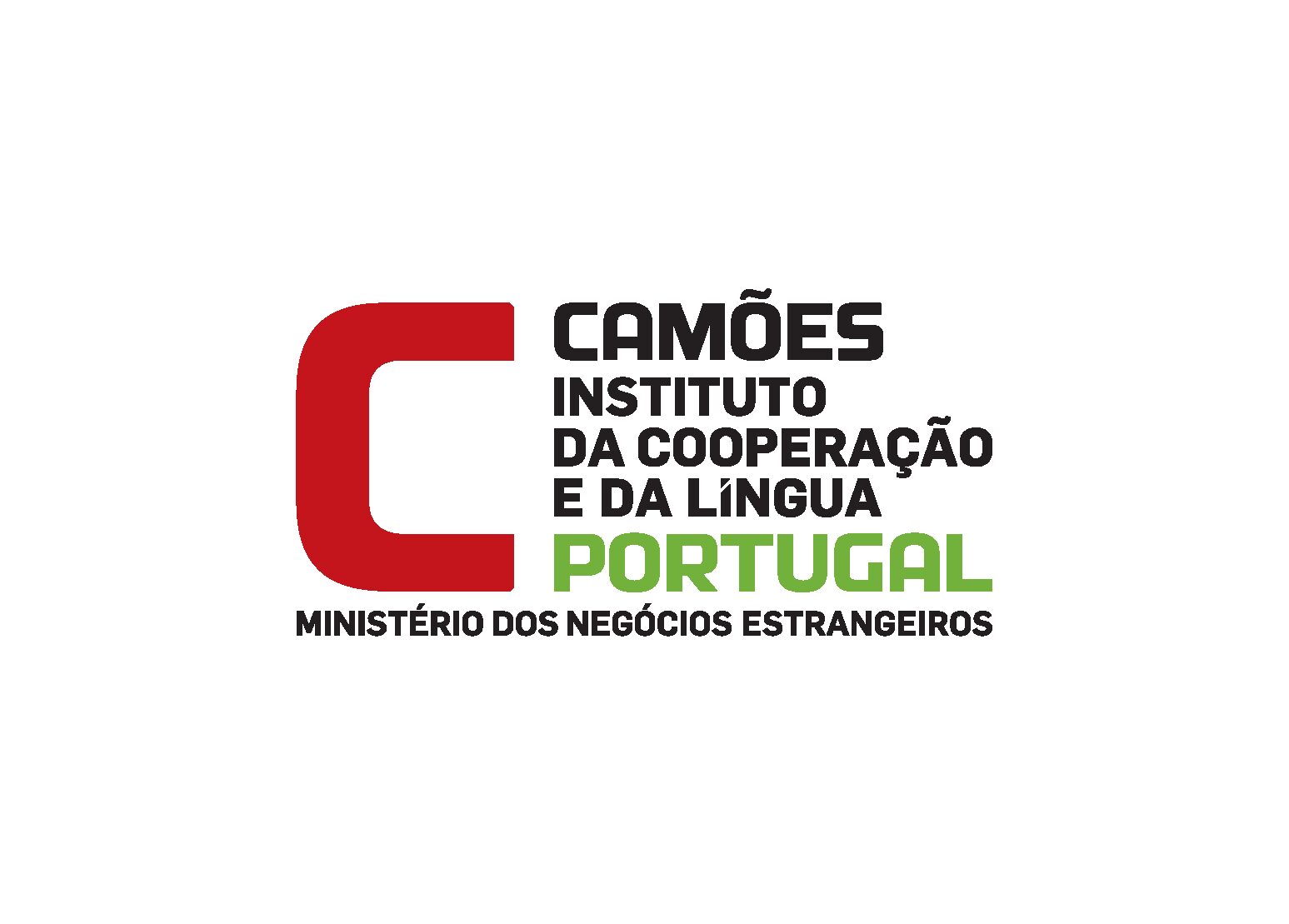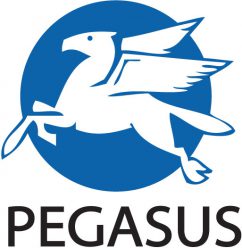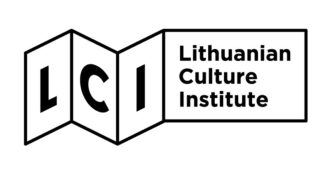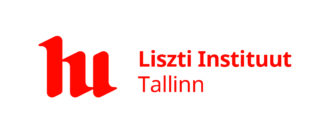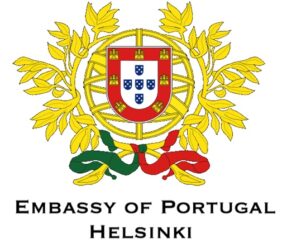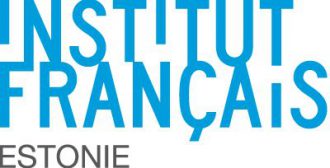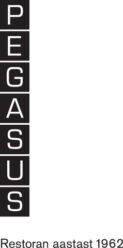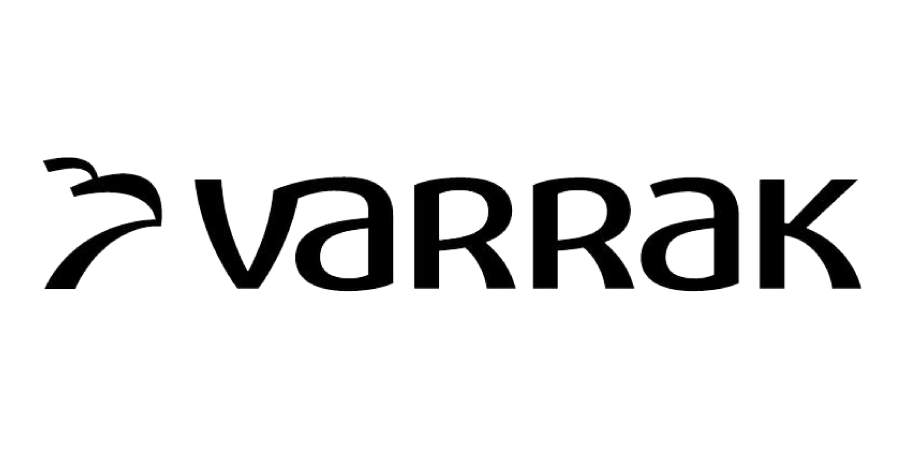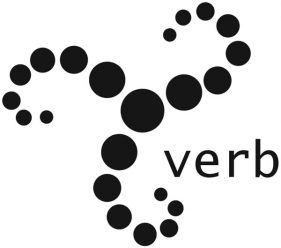The history of the HeadRead literary festival in 10 chapters
Jan Kaus
In the beginning was the idea
Great things begin with small things. When it comes to festival HeadRead, it was enough that two people, the author of this history and Krista Kaer, began mulling similar ideas around 2008. Both had been in various parts of Europe repeatedly and seen how large-scale literary events looked. Both understood that literature can be presented and brought to the stage in many different ways and felt that it would be best done in a concentrated way, as one great event. Two people met by chance, discovered they shared similar ideas and talked about turning these ideas into reality.
There would be no festival without festivals
We started out with the help of the Estonian Writers’ Union, whose tireless manager Mart Siilmann played a vital part in handling the festival’s logistics for many years. It would have been much more difficult to start the festival from scratch. Tallinn already had several established literary events. The Nordic Poetry Festival brought writers from Scandinavia, Finland, the Baltic States and St Petersburg to Tallinn. Sotsia was organised by young authors linked to the Tallinn University and it stood out with its quick pace and experimental nature. It is the experience of these two festivals that gave birth to festival HeadRead. One of the central traditions of our festival – the Sunday poetry mass at the St Nicholas Church – comes from the Nordic Poetry Festival. So it is nice that the spirit of earlier events still resonates in our festival.
Literature and writers
Although HeadRead draws on the legacy of the Nordic Poetry Festival and Sotsia – not least because one of Sotsia’s figureheads, Jürgen Rooste, was vital to establishing HeadRead – we always had our own agenda. We wanted to offer Estonian audiences the chance not only to get to know the work of various authors but above all the authors themselves. We wanted people to see and hear in real time with their own eyes and ears what the authors think of their works, life, art, the world. A conversation with a writer remains one of the central motifs of our festival.
Estonia and the world
Thanks to Krista Kaer’s ambitions, we immediately set ourselves the task of inviting writers from all around the world, from the centres and the peripheries. We are bringing over writers whose books top the local favourites’ lists, so that readers could hand these volumes to the authors during the festival and ask them to leave their mark on the title page. It didn’t take long to accomplish this task – at the 2009 festival our guests included Alessandro Baricco and Sofi Oksanen. Every year has produced more and more pages with autographs. The greatest amounts of books have probably been signed by Andreï Makine (2010), Boris Akunin (2011), David Mitchell (2012), Tom Stoppard (2013), William Boyd (2014) and Margaret Atwood (2015).
A name for all seasons
In the beginning was the idea, then came the organisation and the name followed a bit later. We eventually realised that while the Tallinn Literary Festival was accurate as a name, it was colourless, to put it mildly. Karl Martin Sinijärv, a poet and then-chairman of the Estonian Writers’ Union, who helped kick off the festival, has also worked as a copywriter, so it was no surprise that when we began searching for a better name in 2010, it was Karl Martin who found it.
From the marquee to the great hall
The history of HeadRead includes a huge white marquee that stood on the green between the Harju Street and the St Nicholas Church. Back then we probably thought that every proper festival should be held in a marquee. Naturally, we failed to take several things into account. The first of these factors was the Estonian weather. In 2010, the festival was held in early May, when it was exceptionally bleak outside. It was hardly any warmer in the marquee. We ordered a heater, but it broke down – perhaps the machine was confused by this unnaturally cold spring. The heater crashed just when Krista Kaer was talking to the British crime writer Jason Goodwin. Since the heater had started emitting poisonous fumes, Jürgen Rooste and I began pulling up the walls of the marquee. Now the freezing north wind could also freely participate in the discussion. Most of the audience fled, coughing and shuddering. Next year, we moved the festival to the end of May and instead of a marquee, the main programme is now held in the warmth of the hall of the Estonian Writers’ Union.
Jason Goodwin
This memorable moment in early May 2010, when our literary marquee was filled with exhaust fumes and north wind, took on a special significance thanks to our guest Jason Goodwin. He was unfazed by the chaos around him and continued to talk wittily to Krista Kaer, which is why about twenty people decided to brave the poison and the cold. In some reminiscences, Goodwin is actually wearing only a shirt. This gave ample reason to invite him back the next year. By now, Goodwin has become a member of the organising team, proof-reading English texts, talking to the writers and organising a crime-writing workshop. Also, Goodwin’s good humour and sociability are one of the reasons our guest feel the festival is so cosy and friendly and worth another visit.
The festival and its organisers
HeadRead has grown slowly but steadily over the years. This has also meant that the organising team has grown. There are currently about ten core organisers and most of them have direct links to literature. We are organisers, but above all, we are translators, poets, prose writers – people who love literature. Names like Igor Kotjuh and Indrek Koff should ring a bell for most Estonian readers. The translations of Krista and Kaisa Kaer from English and of Ingrid Velbaum-Staub from Russian do honour to any bookshelf.
It seems that in merely eight years, the circle may become full – one can easily find a television news clip from 2009 about a new literary festival. The editor of the clip is Mari Rebane who also interviews one of the organisers and a guest. Some years have passed and Mari Rebane herself has become a member of the organising team.
The festival and its locations
HeadRead is a Tallinn festival and we are glad that over time we have branched out to venues that have become indispensable to the festival. Workshops and discussions are held at the Tallinn Central Library, poetry is read on Sunday under the vaults of the St Nicholas Church, and the festival flows into summer in the garden of a house on Koidu Street, behind the library-café Kapsad (Cabbages). However, we value the entire city, not just specific places. That is why we have been organising literary walks in various places since 2009. Some walks have been quite long – roaming around Nõmme with the literary scholars and writers Jaanus Vaiksoo and Wimberg, for instance. The first walk in Nõmme took place in 2010 but there are still many literary nooks and crannies to discover, even though some walks have gone on for three or four hours. Nõmme has become a mysterious place, a literary cornucopia. This way, the festival is not only growing in time but in space, too.
History and stories
In conclusion, I would like to share a personal memory that is perhaps more telling than any chronology or list. It all began with David Mitchell’s novel Cloud Atlas, which I love very much. I like the central idea of the book – every action can change the state of things, every good deed makes reality a little bit better. So it happened that when Mitchell visited us in 2012, I had to stop myself from falling at his feet. I think he sensed my state of mind because he drew a truly magnificent, calligraphic dedication on the title page of my Estonian version of his book.
I have a good friend named Elo-Liis, who is also a fan of Cloud Atlas. For some reason, Elo-Liis was abroad during the 2012 festival. After the festival I told her that I now have a book that is magnificently signed. Elo-Liis replied that if I should ever make a will, I should leave this book to her. I remembered this sentence six months later, shortly before her birthday and I suddenly thought: why wait? I wrote a long dedication of my own on the inner cover of the book and gave the twice signed book to her as a present. Maybe Elo-Liis will leave it to our festival museum some day.
Foreign guests of the festival over the years, in alphabetical order (as of 2019):
Kader Abdolah, Narine Abgaryan, José Eduardo Agualusa, Jeremei Aipin, Boris Akunin, Riikka Ala-Harja, Elizaveta Aleksandrova-Zorina, Peter Aleshkovsky, David Almond, David Ambrose, Claus Ankersen, Margaret Atwood, Sherif Bakr, John Banville, Alessandro Baricco, Julian Barnes, Attila Bartis, M. C. Beaton, Antony Beevor, Bei Dao, Mattias Berg, Berlin Sound Poets, Marcelo Birmajer, Ketil Bjørnstad, William Boyd, Frank Boyle, Peter V. Brett, John Burnside, A. S. Byatt, Davide Cali, Yolanda Castaño, Georges-Olivier Châteaureynaud, Lars Saabye Christensen, Sylvestre Clancier, Simon Clark, Philippe Claudel, Ann Cleeves, Karen Connelly, Paule Constant, Natasha Cooper, TJ Dema, Joolz Denby and Mik Davis, Dizzylez, Serge van Duijnhoven, Martin Edwards, Alfonsas Eidintas, Michel Faber, Erika Fatland, Elaine Feinstein, A. J. Finn, John Freeland, Annie Freud, Inga Gaile, Daniel Galera, Pauliina Haasjoki, Andrey Hadanovich, Rawi Hage, Sophie Hannah, Margot Henderson, Mick Herron, Elina Hirvonen, Esa Hirvonen, Dave Hutchinson, Ville Hytönen, Catharina Ingelman-Sundberg, Nora Ikstena, Albertina Ivanova, Arthur Japin, Carl Jóhan Jensen, Ida Jessen, Jennifer Johnston, Jānis Joņevs, Gloria Gervitz, Thomas Glavinic, Jason Goodwin, Ann Granger, Philip Gross, David Grossman, Selina Guinness, Katrina Kalda, Erling Kagge, Einar Kárason, Michael Katz Krefeld, Sarah Kay, Lars Kepler, Katja Kettu, Vishnu Khare, Jonas Khemiri, Tapani Kinnunen, Tommi Kinnunen, Marusia Klimova, Stina Koistinen, Siri Kolu, Wehwalt Koslovsky, Juha Kulmala, Tobi Kunze, Andrey Kurkov, Sirpa Kähkönen, Heidi Köngäs, Tuomas Kyrö, Heli Laaksonen, David Lagercrantz, Donna Leon, Daniel Leuwers, Rosa Liksom, Åsa Lind, Keith Lowe, Christopher MacLehose, Graeme Macrae Burnet, Andreï Makine, Satu Manninen, Henry Marsh, Frédéric Martin, Merete Mazzarella, Suzanne McLeod, Kirill Medvedev, Catherine Merridale, Jean-Pierre Minaudier, David Mitchell, Michael Mortimer, Anders de la Motte, Jean-Claude Mourlevat, Esa Mäkijärvi, Nuala Ní Dhomhnaill, Ulf Nilsson, Eiríkur Örn Norðdahl, Paolo Nori, Claire North, Michael North, Nina Obrezkova, Sheila O’Flanagan, Ben Okri, Sofi Oksanen, Louise O’Neill, Amir Or, Helen Oyeyemi, Philip Parker, Timo Parvela, David Patrikarakos, Vera Pavlova, Pascale Petit, Ljudmila Petrushevskaya, Gregor Podlogar, Peter Pomerantsev, Riikka Pulkkinen, Joni Pyysalo, Elli H. Radinger, Undinė Radzevičiūtė, Edvard Radzinsky, Miska Rantanen, Helen Rappaport, James Robertson, Astrid Saalbach, Fiona Sampson, Pavel Sanayev, Axel Scheffler, Emelie Schepp, Leonard Schwartz, Simon Sebag Montefiore, Robert Service, Nabila Sharma, Anton Shekhovtsov, Mihhail Shishkin, Lionel Shriver, Javier Sierra, Yrsa Sigurðardóttir, Goran Simić, Sjón, Fredrik Skagen, Leïla Slimani, Nikky Smedley, Martin Solotruk, Vladimir Sorokin, Ulf Stark, Domenico Starnone, Jon Steele, Marina Stepnova, Tom Stoppard, Mats Strandberg and Sara Bergmark Elfgren, Charles Stross, Jaume Subirana, Lars Svendsen, Toon Tellegen, Ian Thomson, Māra Zālīte, Sergey Zavyalov, Kristīne Želve, Benjamin Zephaniah, Zinovy Zinik, Sofka Zinovieff, János Térey, Madeleine Thien, Dovie Thomason, Jacques Tornay, Jean-Philippe Toussaint, Artemy Troitsky, Juri Tsvetkov and Danil Faizov, Maria Turtschaninoff, Tan Twan Eng, Lyudmila Ulitskaya, Kirmen Uribe, Jakob Vedelsby, Edward van de Vendel, Kārlis Vērdiņš, Arvis Viguls, Dmitri Vodennikov, Joost de Vries, Juha Vuorinen, Fay Weldon, Ron Whitehead, Bernhard Widder, A. N. Wilson, Sarah Winman, Louisa Young, Galina Yuzefovitch..


